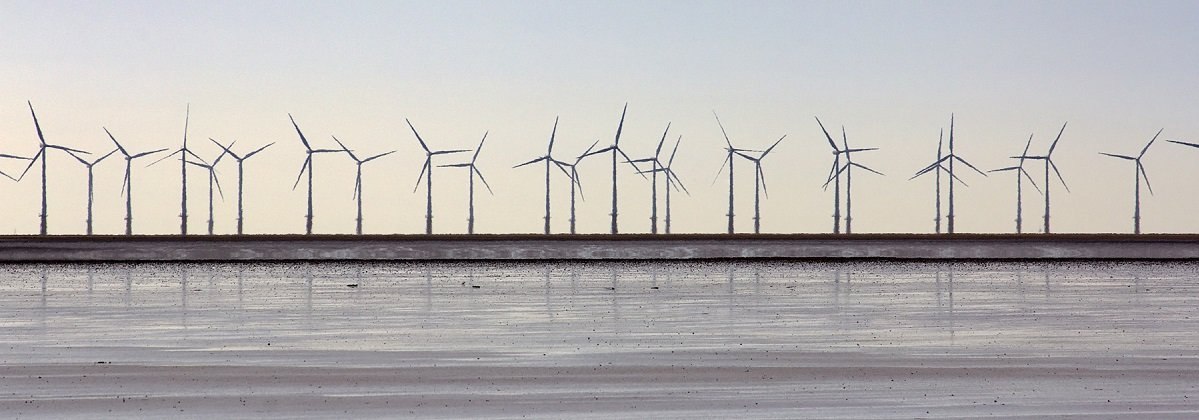Everyone agrees that Boris Johnson’s conference speech was good knock-about stuff. He hasn’t lost his ability to make his audience laugh and the delegates seemed to enjoy what he had to say. But it’s what he didn’t say that has been the big story. Essentially he said nothing about the things that really affect people’s lives. Specifically the energy crisis. It’s not just that our bills are going through the roof and one energy company after another is going bust, it’s the fear that, at some time in the fairly near future, the lights may start going out. Are you worried about that and what do you think we should be doing about it?
The villain of the piece is, inevitably perhaps, Vladimir Putin. He is charged by analysts such as Edward Lucas with exploiting the crisis to bully his neighbours, strengthen his autocracy and intimidate the west. His chosen weapon is Russia’s control of the vast gas fields and the pipelines that deliver the gas to his grateful customers – above all Germany.
In one scary 24-hour period this past week the price of gas contracts soared by no less than 40 per cent. The Russian company Gazprom, which exports the gas, was accused of flexing its muscles by restricting its supplies to Europe and keeping its European underground storage facilities at deliberately low levels. Gazprom is, of course, controlled by Putin and his henchmen. When Putin finally took to the airwaves to suggest that maybe supplies could be increased it took only minutes for prices to start falling.
It was the proof (if any were needed) of his power in this market. He said: “This speculative craze doesn’t do us any good… Europe’s leaders should settle with Gazprom and talk it over.”
Lucas was not alone in seeing that as a piece of blackmail. Others see it as a game of poker in which Putin holds all the cards. If that’s really what it is, the UK has a pretty hopeless hand. Some say there’s not an ace in it.
At the start of this century it was a very different picture. We produced enough gas for all our domestic needs from our fields in the North Sea. But last year that had fallen to less than half. By 2025 it will be down to a third. The problem is that the older gas fields have become too expensive to run and it takes a long time to get a new field on stream. All of which means we are increasingly reliant on energy from overseas.
There are various options open to us. All of them are controversial in one way or another. One is to resume fracking or, as it’s technically know, hydraulic fracturing. Enthusiasts for it say there is enough shale gas underground to meet our needs for decades. Fracking has been embraced by the United States. So much so that it no longer needs to import any gas at all. But when we gave it a trial in this country it caused several minor earthquakes and they were enough to shake confidence.
A scientific study concluded there would be “unacceptable” consequences for people living nearby if the trials continued. They were stopped. The government says they could start again if there is compelling new evidence that it is safe.
Another problem is we don’t have enough gas storage facilities. Some European countries – including Italy, France and Germany – have up to eighteen times as much as us. We have put our faith in buying energy generated by our neighbours such as Norway from renewable sources rather than storing gas for (as it were) a rainy day. So perhaps we should start building more pretty swiftly.
Another alternative is to exploit new oil fields. Oil experts say there is an area to the west of the Shetlands that could supply lots of the black stuff for the next 25 years. The problem here is that we are sworn to severe cuts in carbon emissions. It’s possible that opening a new field might even be against the law, given that we have a legal requirement to make such severe cuts in carbon emissions.
And the final route is equally controversial: more nuclear power stations. One obvious problem is that it takes so long to build and commission huge new nuclear facilities that are needed to replace all those ageing reactors that are about to be retired. Not that they need all be huge. Many believe the answer is mini-reactors of the type that power our nuclear submarines. They would cost much less and can be built relatively swiftly. Rolls Royce are planning to put a specific proposal to regulators.
So there are many options. All of them are controversial, some less so than others. Do you accept that we are facing a real crisis and, if you do, what is the answer?
Do let us know.








